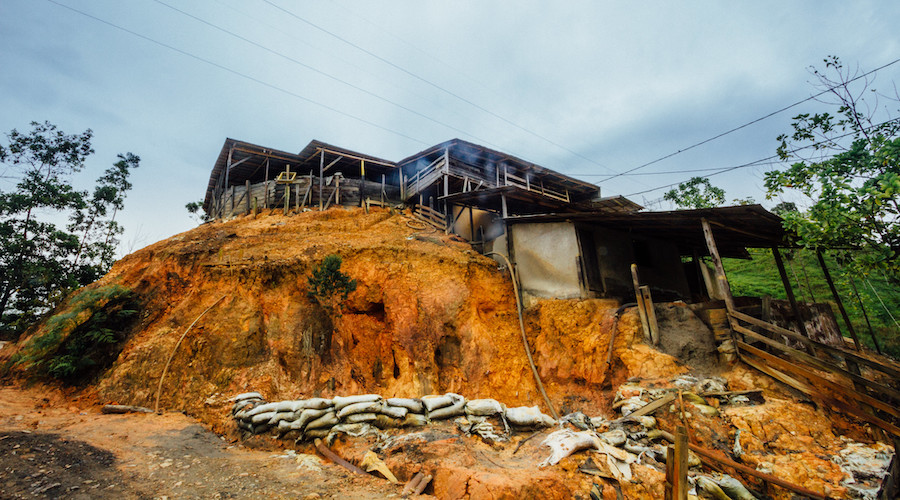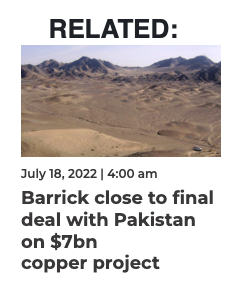Mining title applications in Colombia to include stricter environmental considerations


“This is one of the eight orders issued by the high court as a result of a popular initiative that exposed the violation of the collective rights to enjoy a healthy environment, the existence of ecological balance, the rational management and use of natural resources, the conservation of animal and plant species, the protection of areas of special ecological importance and the defence of public heritage,” the tribunal said in a media statement.
According to the State Council, these rights were breached as a consequence of institutional disarticulation between the mining and environmental sectors, which was spurred by a lack of information and mining-environmental planning throughout the country. Shortcomings in the way mining concessions are monitored were also pointed out as issues affecting the proper application of mining regulations.
The court’s decision was issued following a complaint by eight organizations and 30 individual citizens, who presented evidence showing a number of loopholes in the current procedure for the evaluation of proposals and inspection of mining titles. According to the complainants, such weak spots could lead to actions that would irreversibly affect the environment.
What’s next
Following the ruling, the ministries of environment and mines, together with the relevant agencies, will have to conduct a study that involves an in-depth evaluation of:
- The mining projects whose titles overlap with protected areas
- The environmental impacts of the exploration projects whose environmental licenses are being processed but haven’t been approved
- Unmonitored mining projects in the exploration phase
“Once this characterization is done, the ministries must make an inventory of mining environmental liabilities and implement preventive and corrective measures for such problems,” the ruling reads. “Some of the measures should be implemented in the short-term (one year), others in the medium-term (two years) and others in the long-term (five years).”
The ministries were also exhorted to formulate new bills and regulations meant to fill the gaps in the procedure for evaluating mining titles; the legal mechanisms to preserve biodiversity; the process of extracting resources from protected ecosystems; the regulation related to environmental liabilities and the possibility of requiring an environmental license during the exploration phase.
The ministries were also ordered to update their mining-environmental guides and terms of reference, to adjust them to the provisions of article 19 of Law 1753 of 2015.
“To present and execute specific actions aimed at improving the relationship between the mining and environmental sectors, the ministries of environment and mines must also set up an inter-institutional working group that involves delegates from regional autonomous corporations, sustainable development corporations, the National Authority of Environmental Licences, large urban centers, Colombia’s National Parks, of the ANM, the Government of Antioquia, the Office of the Attorney General and the Office of the Comptroller General,” the tribunal’s decision states.
This post has been syndicated from a third-party source. View the original article here.



